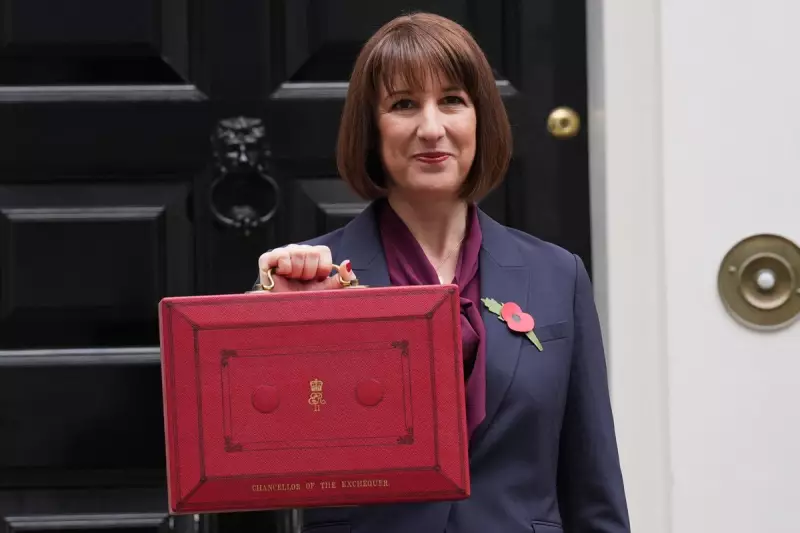
In a powerful opening gambit, new Chancellor Rachel Reeves has used her first major set-piece speech to dismantle key pillars of the previous government's economic policy, announcing the immediate abolition of the non-dom tax status and a significant tax cut for landlords.
Delivering the Mais Lecture in the heart of the City of London, Ms Reeves positioned herself as a pro-business Chancellor unafraid of making tough decisions. The centrepiece of her announcement was the swift scrapping of the controversial non-domiciled tax regime, a move that fulfils a core Labour manifesto pledge and aims to fund a sweeping expansion of NHS services.
A New Deal for First-Time Buyers and Landlords
In a surprise move aimed at stimulating the stagnant housing market, the Chancellor revealed plans to permanently abolish Stamp Duty Land Tax for first-time purchasers on properties worth up to £425,000. This measure is designed to help thousands get a foot on the property ladder.
Furthermore, in a bid to ease the burden on the beleaguered private rental sector, Ms Reeves declared she would slash the National Insurance contributions paid by landlords. This unexpected tax cut is a clear signal that the new government is seeking to encourage investment in private housing to combat the ongoing rental crisis.
Unapologetically Pro-Business
Striding onto the turf of her Conservative predecessors, Reeves confidently stated, "There is no weakness in a desire to promote business and enterprise. It is the only way we can generate the wealth that we need."
Her speech was meticulously crafted to reassure the financial sector, emphasising stability, long-term strategy, and a commitment to working hand-in-glove with private industry to drive growth. This pro-business rhetoric marks a significant tonal shift from the Labour Party of recent years and underscores Reeves's strategy to position herself as a steady hand on the economic tiller.
The announcements, made ahead of the government's first full Budget expected later this year, provide a stark outline of the new Treasury's priorities: raising revenue from what it deems unfair tax loopholes, while simultaneously offering targeted relief to stimulate key sectors of the economy.




